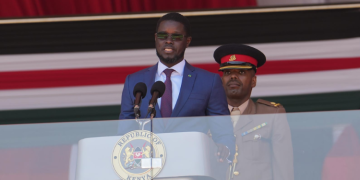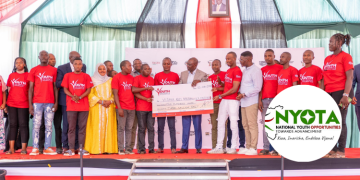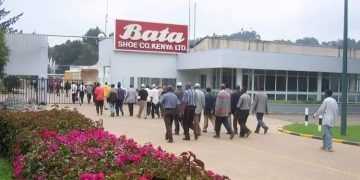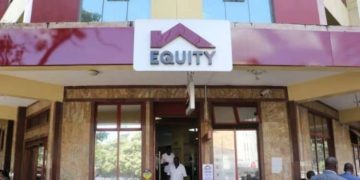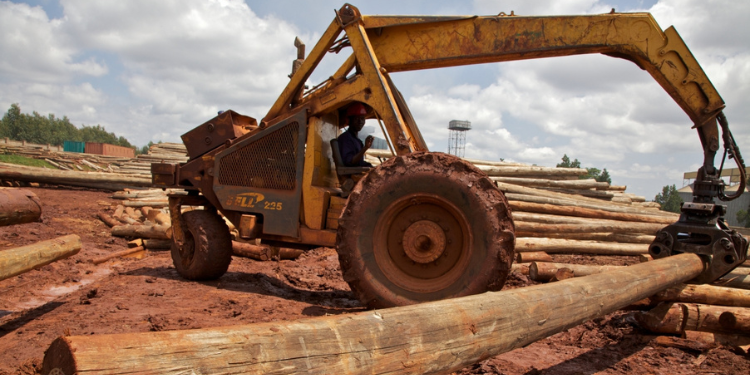A forestry permit from NEMA is required for activities that may impact forest ecosystems, including logging, planting, harvesting, or accessing biological resources.
These permits ensure that environmental standards are upheld and that projects align with Kenya’s sustainability goals.
This article provides a step-by-step guide on how to apply for a forestry permit from NEMA
Step-by-Step Application Process via NEMA
-
Determine the Type of Permit Needed
Before initiating any forestry-related activity in Kenya, applicants must first identify the specific type of environmental permit required.
This step is crucial, as different projects fall under distinct regulatory categories governed by the National Environment Management Authority (NEMA).
Forestry activities, ranging from tree planting and harvesting to charcoal production and biodiversity research, can have varying degrees of environmental impact.
As such, NEMA mandates different permits depending on the nature, scale, and location of the project.
Environmental Impact Assessment (EIA) License
This is the most common permit required for forestry projects.
An EIA license is required for any activity that may have a significant impact on the environment.
This includes large-scale logging, commercial plantations, and infrastructure development within forested areas.
Access Permit
If the project involves accessing indigenous biological resources, such as medicinal plants, rare tree species, or genetic material, an Access Permit is required.
This permit ensures compliance with Kenya’s biodiversity laws and international conventions on benefit sharing.
It is particularly relevant for researchers, herbalists, and companies involved in bioprospecting.
Effluent Discharge License
For forestry operations that involve processing facilities such as sawmills or pulp factories, an Effluent Discharge License may be necessary.
This permit regulates the discharge of wastewater into the environment, ensuring that industrial activities do not pollute nearby rivers, wetlands, or groundwater sources.
Waste Management Permit
Projects that generate solid waste, such as packaging materials, sawdust, or chemical containers, are required to obtain a Waste Management Permit.
This license outlines the procedures for collecting, treating, and disposing of waste in an environmentally sound manner.
Air Emissions License
If the forestry activity involves combustion processes, such as charcoal production or kiln operations, an Air Emissions License may be required.
This permit regulates the release of pollutants into the atmosphere and ensures compliance with Kenya’s air quality standards.
By accurately determining the type of permit needed, applicants can avoid delays, penalties, and potential legal challenges.
-
Register and Apply Online
In line with Kenya’s digital transformation agenda, the National Environment Management Authority (NEMA) has moved its permit application process online.
Before applying, gather the following documents:
- Completed application form (available at NEMA county offices or through the NEMA online portal).
- Copy of National ID or Certificate of Incorporation for companies.
- Land ownership documents or lease agreement.
- Environmental Impact Assessment (EIA) report and NEMA license (for large-scale projects).
- Letter of recommendation from the Kenya Forest Service (KFS) if the activity involves indigenous or public forest land.
- Map or site plan showing the location of the forestry activity.
- Proof of payment of the prescribed application fee.
All documents must be certified, and the application should clearly indicate the type, quantity, and purpose of the forest products to be handled.
Log in to the NEMA Licensing Portal, create an account, and select the Forestry Permit option under the licensing services.
Upload all required documents and submit your application electronically.
After submission, NEMA officers will review your application for completeness and compliance.
3. Site Inspection and Evaluation
Once your application is received, NEMA, in collaboration with KFS officers, conducts a site inspection to verify environmental compliance.
They assess the impact of the proposed activity on biodiversity, soil, and water resources.
Applicants may be asked to provide additional information or adjust their project plans to minimize environmental damage.
The duration of the review varies depending on the complexity of the project.
4. Tracking Your Application
Applicants can monitor the status of their submission directly through the eCitizen portal. The system provides real-time updates, including:
- Confirmation of receipt
- Review progress
- Requests for additional information
- Final decision (approval or rejection)
Notifications are also sent via email and SMS, ensuring applicants are kept informed throughout the process.
Approval and Issuance
If the application meets all requirements and passes environmental scrutiny, NEMA issues the relevant permit or license.
This document is downloadable from the portal and includes:
- Permit number
- Validity period
- Conditions of approval
- Reporting obligations
Also Read: How to Apply for a Waste Management Licence in Kenya
Failure to comply can result in penalties, suspension, or revocation of the license.
In Case of Rejection
If the application is rejected, NEMA provides reasons for the decision and, where applicable, recommendations for resubmission.
Common reasons for rejection include:
- Incomplete documentation
- Inadequate environmental mitigation measures
- Conflicts with protected areas or community land
- Lack of stakeholder consultation
Applicants are encouraged to address the issues raised and reapply with improved documentation and compliance strategies.
5. Renewal and Compliance
Permit holders must adhere strictly to the conditions set by NEMA.
Also Read: Step-by-Step Process of Renewing Your EIA License in Kenya
Renewal applications should be submitted at least 30 days before the expiry date, accompanied by a compliance report and updated documentation.
6. Fees and Processing Time
Fees vary depending on the scale and type of activity, ranging from KSh 5,000 to KSh 50,000.
Processing typically takes two to four weeks, depending on the project’s complexity and the completeness of the documentation.
Follow our WhatsApp Channel and X Account for real-time news updates.
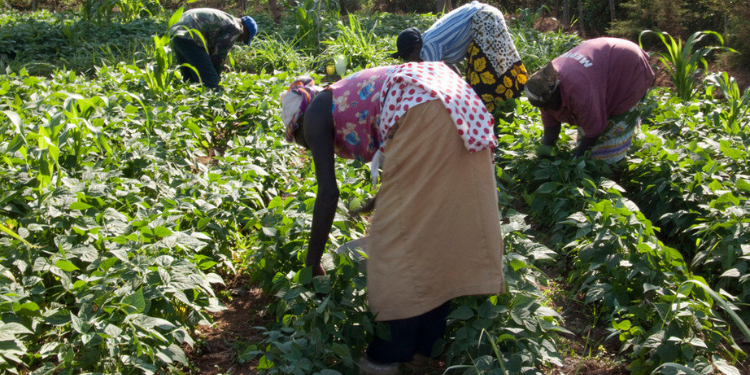


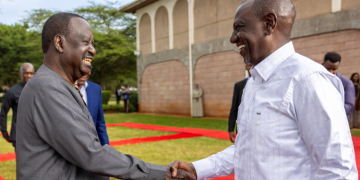

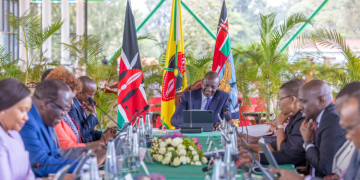
![President Ruto Address During Mashujaa Day And How He Honored Raila [Full Text Speech] President Ruto Address During Mashujaa Day And How He Honored Raila [Full Text Speech]](https://thekenyatimescdn-ese7d3e7ghdnbfa9.z01.azurefd.net/prodimages/uploads/2025/10/ruto-mashujaa-address-360x180.jpg)
